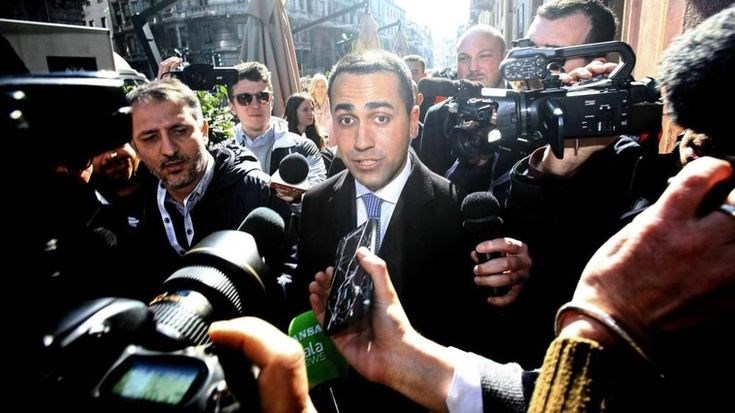Public opinion has been completely molded by social media influences, especially in the context of political and economical upheavals. It’s information passed around very quickly and digested just as quickly so that it becomes very easy to look up, and in some cases it can also amplify a narrative, it can also influence an emotion or it can be used to shape the conversation. It is also where social media platforms can instigate perception, make decisions, and cause change in governments with misinformation or solid information.
Crisis news passes to the first Facebook post and the last tweet via social media and very often there is no filter of traditional media. Even if it can give a quick warning of this speed to the public, it also reveals unverified information. Gentleman, real time opinions are formed as users feel the sentiment of the public rise and fall in real time as the events unfold, and there are incredible spikes and collapses of the public sentiment, change of public policy, and more.
Social media amplifies this power still further as social media's viral nature accelerates the power of persuasive messaging from political leaders, activists and interest groups. Hashtags, viral posts, coordinated campaigns and people mobilize for protest, election and economic movements. The influence of social media is therefore so broad that social media can, for good reason, be used as a very important component of the narrative during times of crisis.

Worse is still a risk to find in false information and manipulation. Awarely, a person or group can willfully create false narratives meant to muddle and factionalize people in the general public. People have been confined in fake accounts, bots, and algorithm driven echo chambers preaching biases to block you from seeing what is actually going on and politics and economy get slaughtered.
Social media then has the ability to frame the public opinion of a crisis for good or for bad. Although awareness and mobilization can result from it, it simultaneously serves to amplify misinformation and polarization. It is about the use of social media mindfully, so misusing it to the detriment of other social media users as well as for uninformed debate and critical thinking that preclude misuse and manipulation.
Conclusion
Social media, as in the cases of political and economic crises, greatly reinforces social media to shape public opinion and spread misinformation, especially through flawed emphasis on public awareness and action. Immediately, it has influence, quickly turning the narratives and the public. While the risk of manipulation is high as well. Secondly, it is necessary to be cautious when using social networks and, at the same time, it is essential to use social media with a good measure to use social media thanks to media literacy and regulatory mechanisms as an instrument of truth, not distortion.